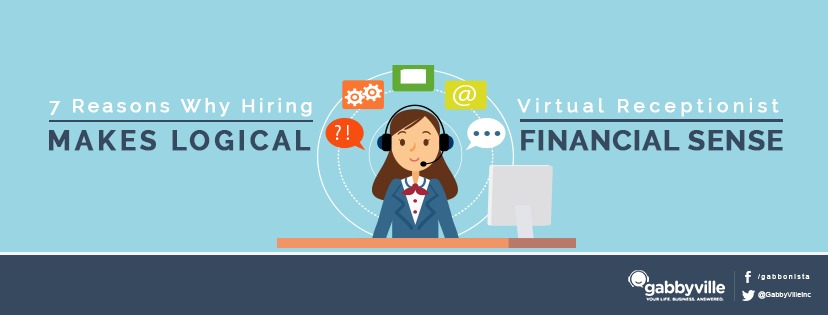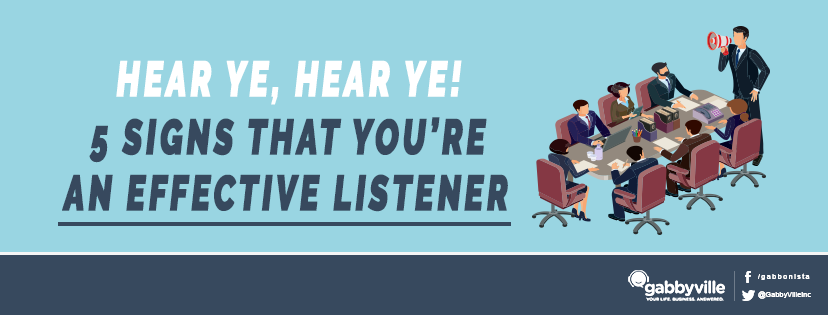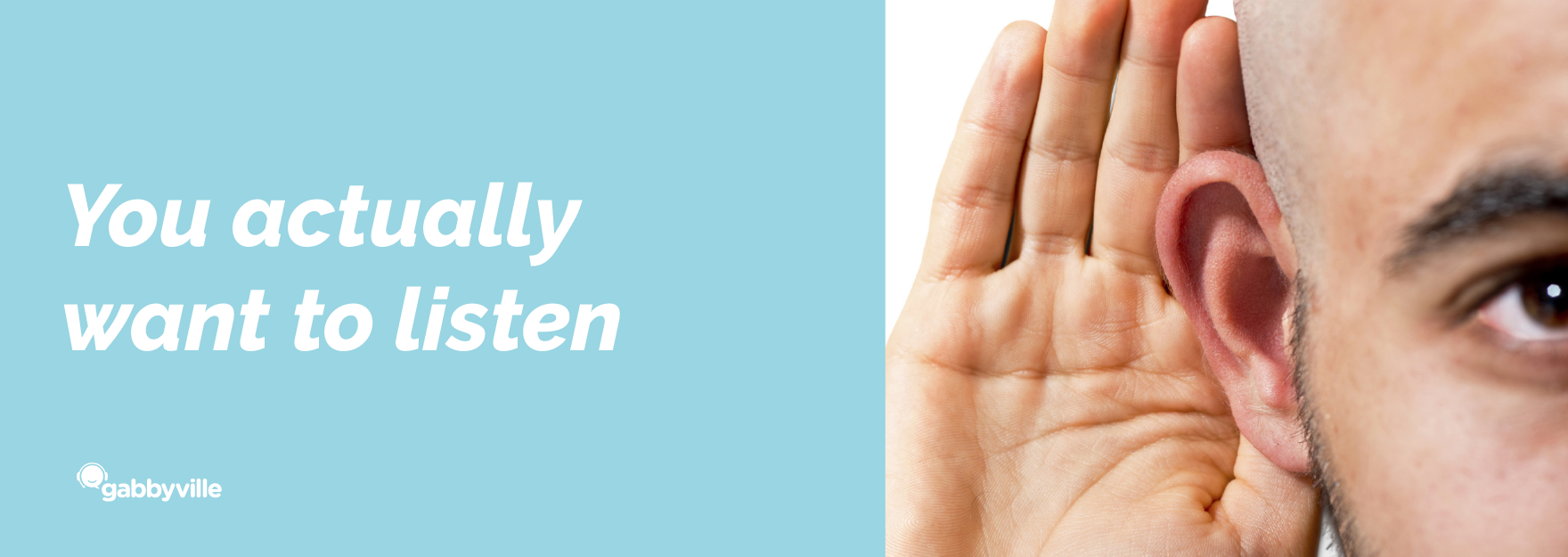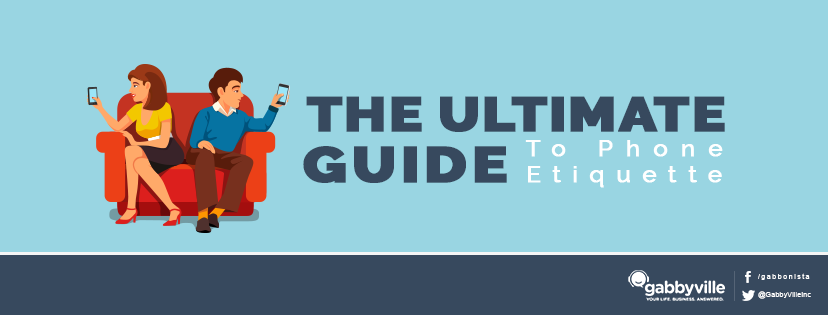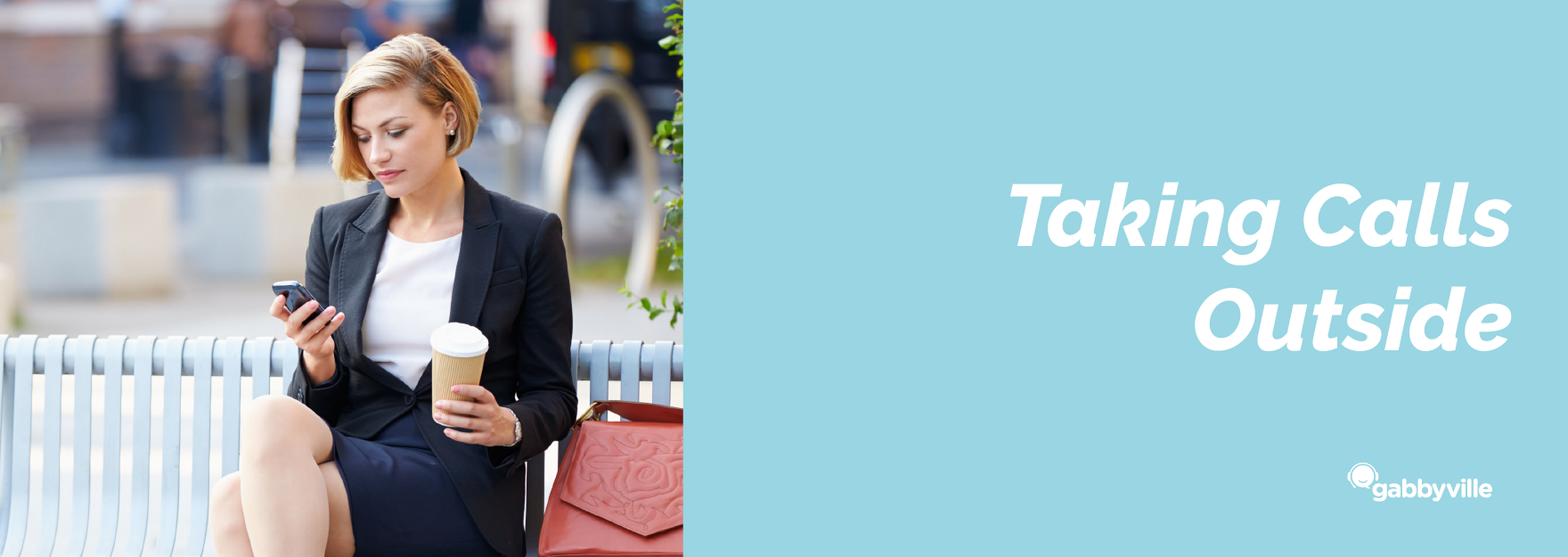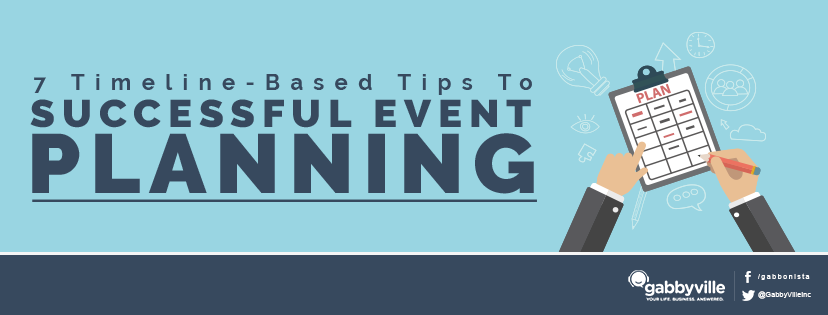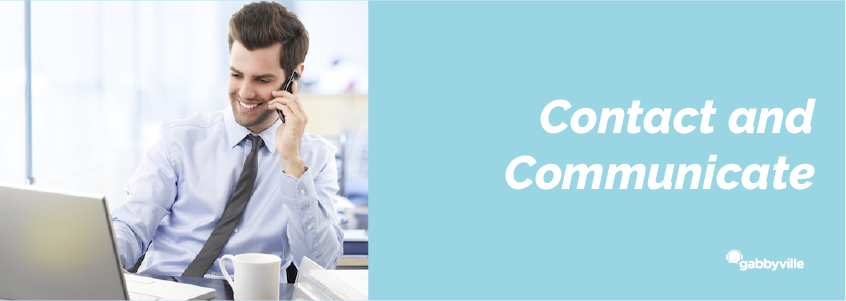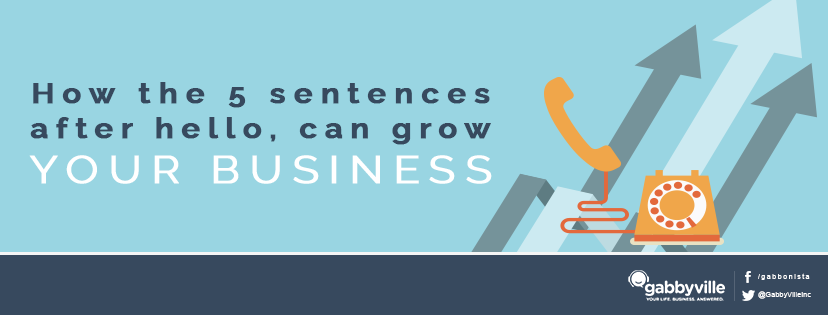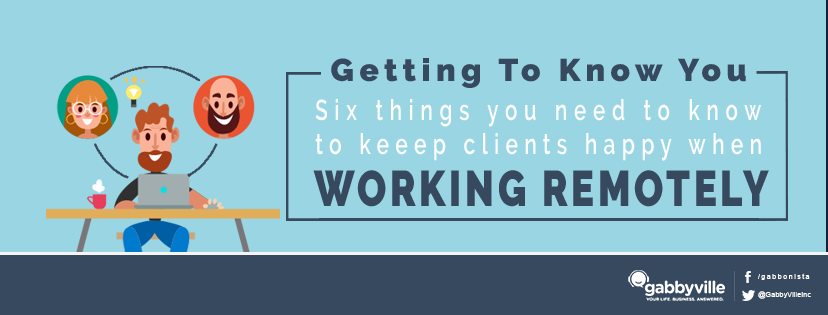In today’s tech-savvy times, we can order Indonesian takeout food with a click of a button. We can purchase a venti mochaccino with a quick scan of our iPhones.
Granted, it’s not how Back to the Future described it to be, but you have to admit, it’s a pretty great time to be alive — technologically speaking.
Of course, today’s wonders are not limited to acquiring sustenance and much-needed caffeine.
Technology has given us the ability to have our calls answered by friendly folks who work outside the four walls of our offices. These helpful men and women are called virtual receptionists, and they are all the rage with small-medium businesses — and for good reason, too.
If you haven’t heard of virtual receptionists yet and what they can offer a company, we’ve listed down 7 compelling reasons why hiring one would make logical, financial sense:
1. No excuse will get in the way — As a business owner, we’re sure you’ve heard the most creative to the most hardly thought of excuse in the book when it comes to absences and tardiness.
Virtual receptionists eliminate that awkward tango. For example, if you get virtual receptionist services from Gabbyville, you’ll get a team of dedicated virtual receptionists working for your business. So if one of the receptionists is sick (allergy season is right around the corner), the call will be routed straight to another virtual receptionist in your team.
Someone will always be there to pick up the phone during business hours. No excuse, no matter how valid, will get in the way of your business.

2. Focused workers are great workers — Sometimes, life just gets too darn busy. Even for your in-house receptionist, who may be balancing speaking to your clients in person, scheduling another client over the phone, and answering an important email one-handed.
Your front desk personnel may be too busy helping a client with necessary forms, while giving directions to another , that the phone is left unanswered. You may have just missed your biggest client to date.
With virtual receptionists working for your company who will answer all calls, book schedules, handle cancellations, answer frequently asked questions about your business, and make outbound calls, your in-house staff can focus on attending to the needs of your clients face-to-face, especially if you’re running a high-traffic clinic, dental office, or law firm.
All calls and all clients are handled professionally and efficiently. What a beautiful thing that is.

3. Dependable — During emergency situations (such as snowstorms, hurricanes, and yes, even Black Friday) when neither you nor your staff have a way of physically getting to your office to answer calls or reschedule appointments, having a virtual receptionist on your team truly comes in handy.
So even if the 6 train is down, you’re snowed in, or stuck in line at Walmart, someone will be there to pick up the phone or make important call-outs. Rain or shine, your business is able to serve your clients, which is needless to say, impressive.
Which brings us to our next reason.

4. Sound like a big shot — No matter what business you’re in, it is always imperative to impress your clients. And they can get finicky at times.
Some only give you one chance to make a good impression. And if their initial over-the-phone experience is sub par, they may find services elsewhere.
Say, you have a startup, and you think that your unique selling point is a great edge. But that’s not enough to bank on. You would need to get stellar customer service to get recognized. You’d be surprised how many customers make a jump from one company to the next based on how well or badly they are treated.
So even if you’re operating solo in a humble office in Queens, but have professional virtual receptionists fielding your calls and cheerfully answering important questions, you’ll sound like a big shot and quickly turn inquirers into bona fide loyal patrons.
At the end of the day, it boils down to how great you treat a customer and how great a customer feels about your company.

5. Save your time and office space — If you’re unwittingly tied to the office phone, trying to dodge calls from telemarketers, receiving long-winded yet unprofitable calls, and still, ending up missing important client calls, you’re not putting your time to good use.
The hours you spend on answering calls can be used to brainstorm a better business model, improve your product, create marketing collaterals, or put up valuable content on your website. And you can’t do that if you’re on the phone half the day.
As your VR answers all calls, schedules appointments, and calls clients up, you can focus on things that require your utmost attention to help elevate your business to its full potential.
Also, a virtual receptionist considerably frees up your office space. Have a team of professional receptionists work for you sans deskspace.

6. Pay for services and nothing else — We did the math for you: we found that you would have to shell out around $50,000.00 a year for an in-house receptionist. This amount covers base salary, health insurance, and social security, to name a few.
But what this doesn’t cover is the amount you lose when potential client calls are unanswered during lunch breaks, days off, unforeseen absences, and lateness. And the sad part is that there’s a huge chance that it’s bigger than 50 grand.
With virtual receptionists, the amount you’d have to pay for services is drastically smaller. In Gabbyville’s case, you would get a team of your very own virtual receptionists for the price of one.
Not only that, most virtual receptionist services are flexible. There are plans that would fit any business, big or small. A big HR plus: cancelling services are way easier and drama-free than firing out someone in person.

Did you stop reading this to pick up the phone? — Then maybe it’s time to get a great virtual receptionist, stat.


